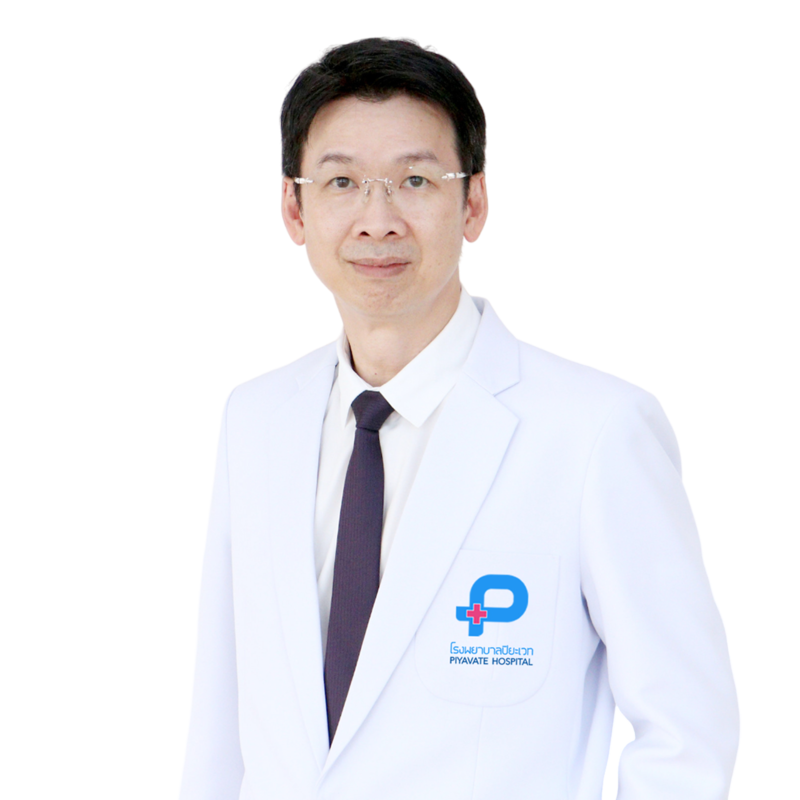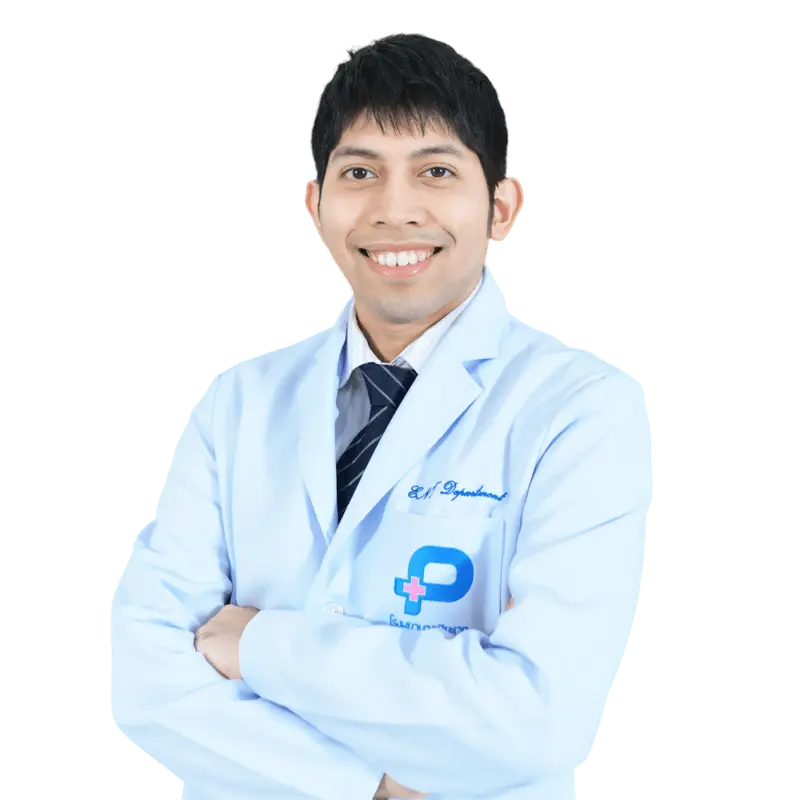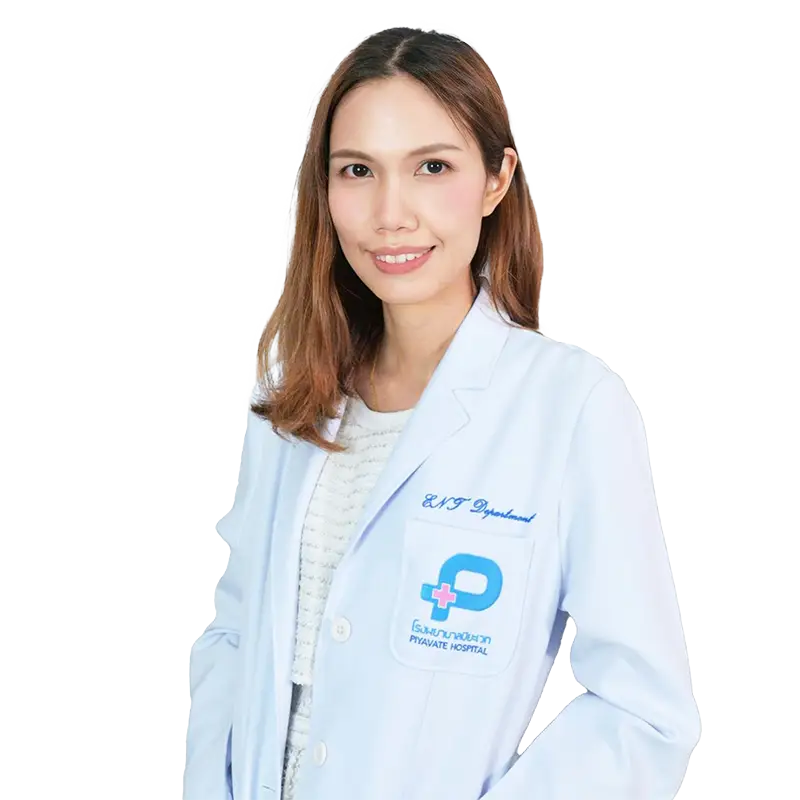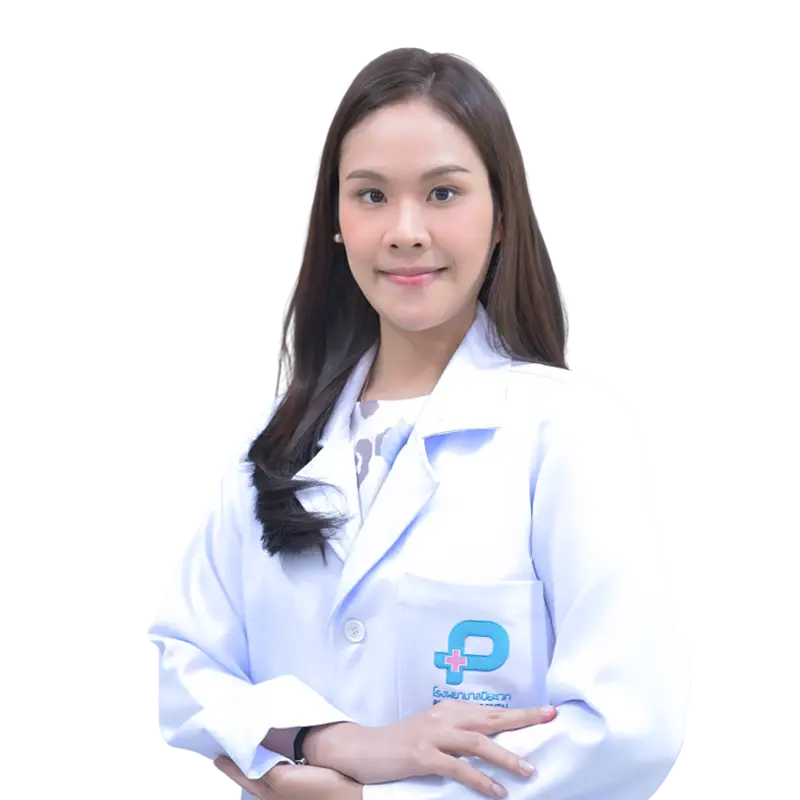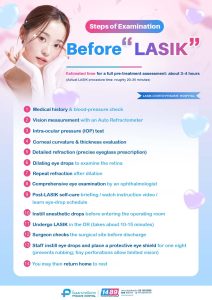- Ear Nose and Throat Center
About
The Ear, Nose, and Throat (ENT) Center offers comprehensive diagnostic and treatment services for ENT-related conditions across all age groups. Beyond general ENT care, the center specializes in laryngeal and neck cancer surgeries, with expert surgeons and voice specialists dedicated to treating chronic voice disorders.
As a tertiary care center, it provides advanced evaluation and treatment for both common and complex ENT conditions, including head and neck disorders. The center is staffed by a team of highly skilled doctors, nurses, and speech therapists, ensuring patients receive the latest treatment options and specialized care for speech disorders.
As a tertiary care center, it provides advanced evaluation and treatment for both common and complex ENT conditions, including head and neck disorders. The center is staffed by a team of highly skilled doctors, nurses, and speech therapists, ensuring patients receive the latest treatment options and specialized care for speech disorders.
Services at the ENT Center
- Ear diseases and hearing disorders
- Pediatric ENT diseases, nasal conditions, nasal allergies, sinusitis, and endoscopic sinus surgery
- Snoring and sleep disorders
- Vertigo caused by inner ear disorders
- Head and neck surgery
- Voice disorders, phonation issues, and singing disorders



